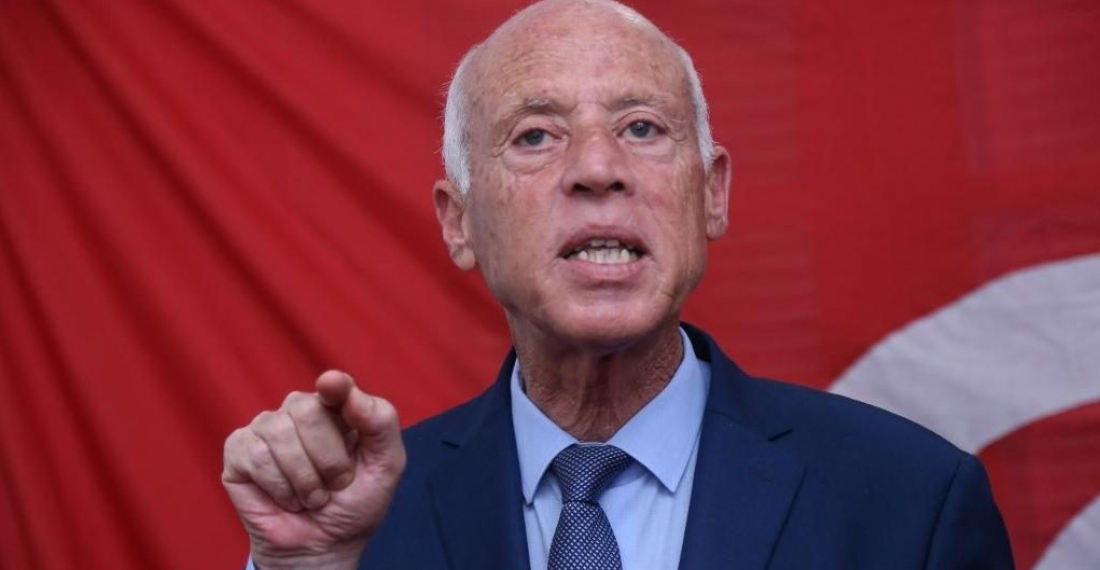Tunisian politics are in stalemate following the President's continued refusal to formalise a ministerial reshuffle in the cabinet of the prime minister, Hichem Mechichi. According to the Ennahda movement, Tunisia’s President Kais Saied refused a proposal for a roundtable talk with its leader and speaker of the parliament, Rashid Ghannouchi, and the Prime Minister, Hichem Mechichi.
The move for a roundtable talk was initiated by Ghannouchi and supported by some key political factions as Tunisia heads towards its fourth month in political disagreement over a cabinet reshuffle.
Observers have long criticised the President's approach with some questioning his constitutional credibility. While the differences among parties are considerable, observers suggest that those differences can be resolved through negotiations.
On the other hand, opposition factions claim that pro-government factions in the parliament are supporting the ministerial reshuffle, proposed by the Prime Minister, in order to safeguard their hold on government and prevent the ruling coalition from collapsing.
The political crisis is not Tunisia's only problem. Tunisia officially asked the International Monetary Fund (IMF) for a funding facility to assist its economy which was hit severely during the pandemic. The IMF is to send a delegation for technical talks to Tunis as soon as it obtains an economic reform program from the government.
A Tunisian delegation is scheduled to travel to Washington early next month to discuss the economic reform program with IMF and World Bank officials. It is expected that the IMF would require freezing salaries and reducing subsidies before economic aid is provided.






